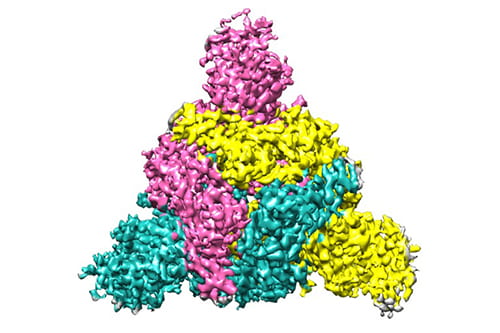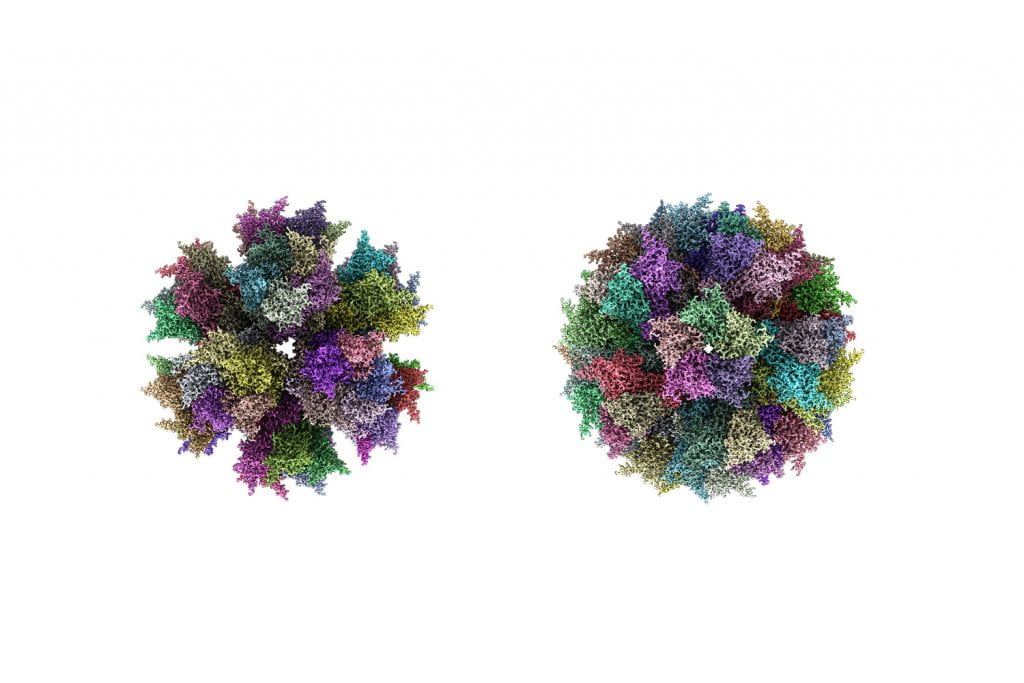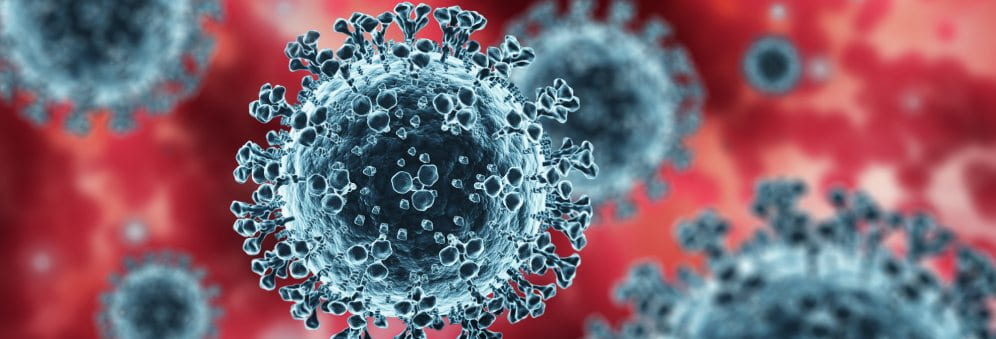A new COVID-19 Protein Portal providing UK scientists with free access to protein reagents for critical SARS-CoV-2 research launched on 12th May. The Portal, in response to a Wellcome and UKRI Open Science initiative, is led by a consortium of leading protein production laboratories including the MultiBac expression facility in the University of Bristol’s School of Biochemistry.
Read the article:
Bristol announced as UK consortium partner providing essential reagents for SARS-CoV-2 research





